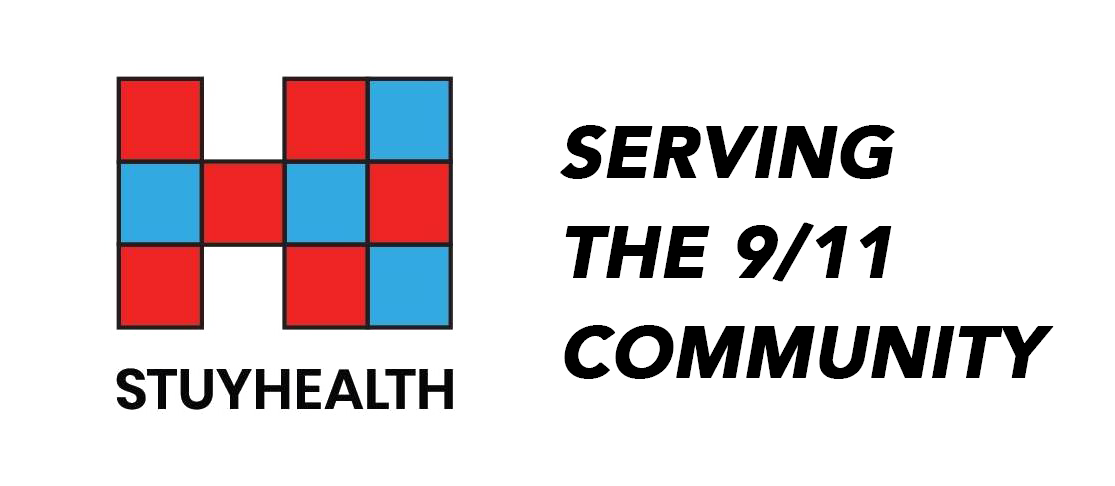What if I Had Asthma or GERD Before 9/11? Can I Still Get Treatment and Compensation?
If you weren’t caught in the toxic dust cloud on September 11th, 2001, you might overlook the connection between your non-cancer illness and 9/11 because the EPA falsely stated the air was safe to breathe. It was not - the resulting clean-up went on for months and released new toxic chemicals into the air that residents, students, and office workers all breathed in.
Among the most common non-cancerous illnesses linked to the WTC toxic dust are asthma and GERD. They’re also fairly common in the general population. That means that many of the people exposed to the 9/11 clean-up were already suffering from these conditions and saw their problems worsen because of the WTC clean-up. They are still eligible for care.
Though aerodigestive conditions that started in the aftermath of the attacks are the ones you hear about most often, in many cases, linked conditions that were diagnosed before 9/11 are also covered by the program. In the program’s own words, the policy on pre-existing aerodigestive conditions is as follows: “For a health condition to be certified, a Clinical Center of Excellence (CCE) or Nationwide Provider Network (NPN) physician must first make a determination that the individual’s exposure to airborne toxins, other hazards, or adverse conditions resulting from the September 11, 2001, terrorist attacks (“9/11 exposure”), is substantially likely to be a significant factor in “aggravating, contributing to, or causing” that health condition.”
This means that, as long as your WTC screening physician believes your condition was adversely impacted by the attacks, your condition will be certifiable. Adverse impacts can mean, among other things:
Your treatment needs changed
You need for treatment became more frequent
You required longer courses of treatment.
Determining whether you meet this criteria is is important because not only is no-cost care available, but both of these very common certifications are eligible for a VCF payout.
As for other 9/11-linked conditions, the criteria is a little different. For now, the WTC Health Program has not issued any guidance regarding their policy on pre-existing mental health conditions, though they do offer treatment for a long list of them. The program does not cover pre-existing cancers, but does cover new-onset cancers in patients who underwent treatment for a different cancer diagnosis prior to the attacks.
Every person’s health situation is unique, and we’re happy to discuss the benefits your unique situation may qualify you for. Drop us a line at info@stuyhealth.org with questions!

